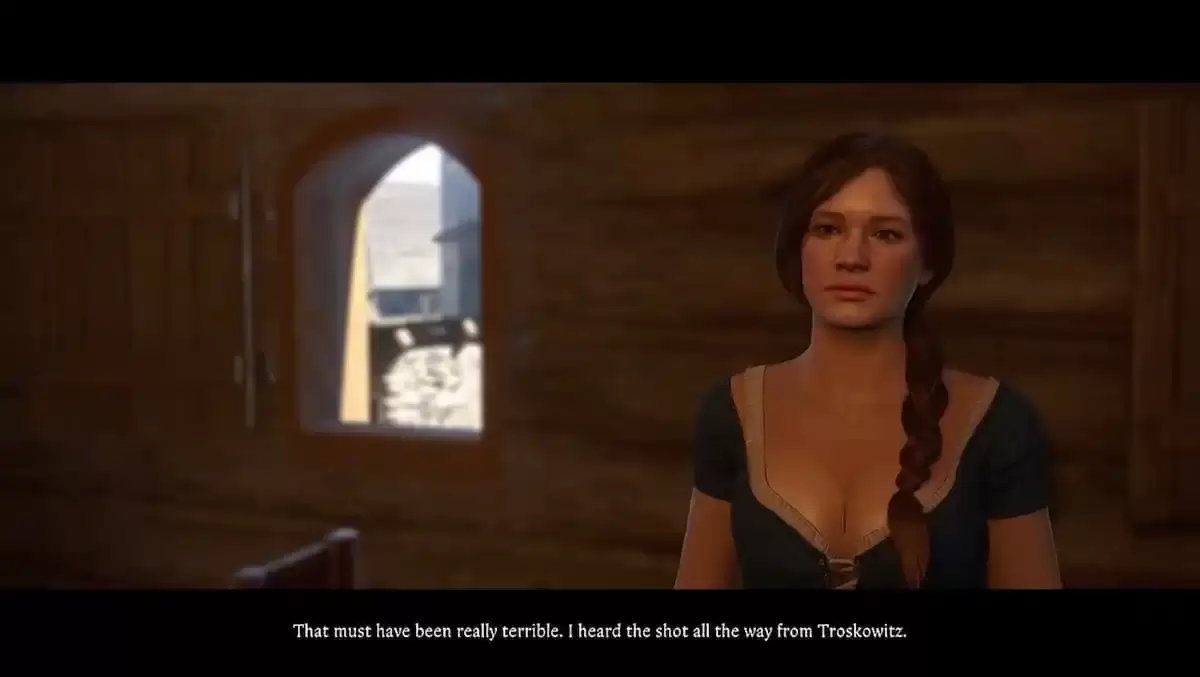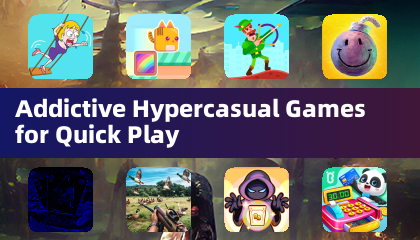Activision recently surprised the gaming world by launching advertisements for new projects based on its renowned franchises, including Guitar Hero, Crash Bandicoot, and Call of Duty. However, the buzz wasn't about the announcements themselves, but rather the use of neural networks to create the promotional materials. The first ad appeared on one of Activision's social media accounts, promoting Guitar Hero Mobile and directing users to a pre-order page on the App Store. The community quickly noticed the odd, unnatural imagery, which sparked a flurry of discussions.
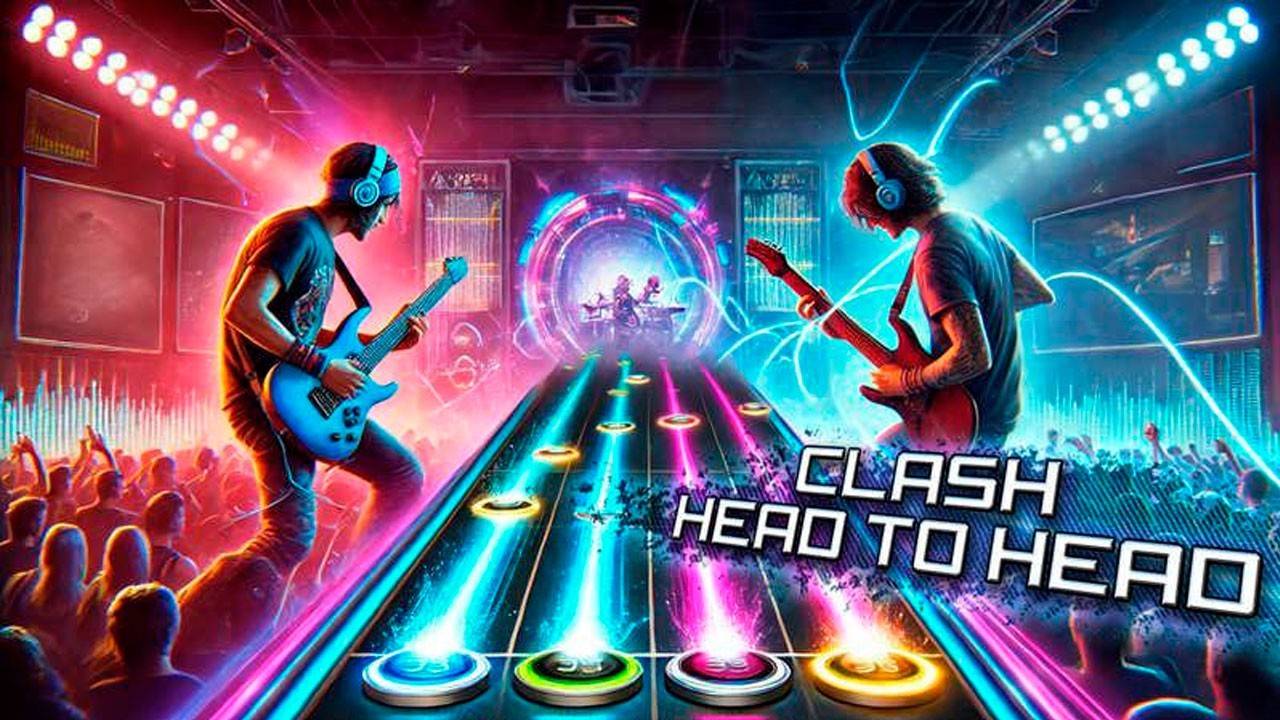 Image: apple.com
Image: apple.com
Reports soon followed about other mobile games from the company, such as Crash Bandicoot Brawl and Call of Duty Mobile, featuring AI-generated art in their ads. Initially, many speculated that Activision's accounts had been compromised, but it was later revealed to be an unconventional marketing experiment.
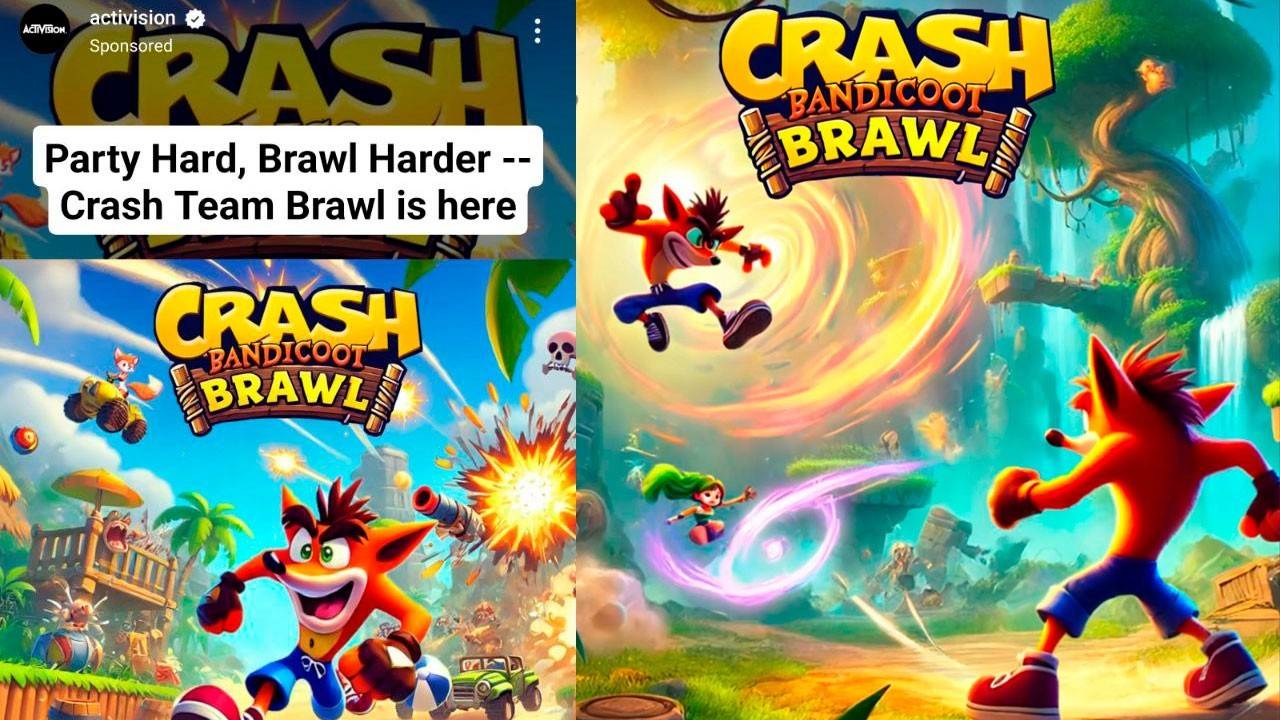 Image: apple.com
Image: apple.com
The reaction from the gaming community was overwhelmingly negative. Players criticized Activision for choosing generative AI over collaborating with professional artists and designers. Concerns were raised that this approach could degrade games into what some described as "AI garbage." Comparisons were even drawn to Electronic Arts, known for its contentious decisions within the gaming industry.
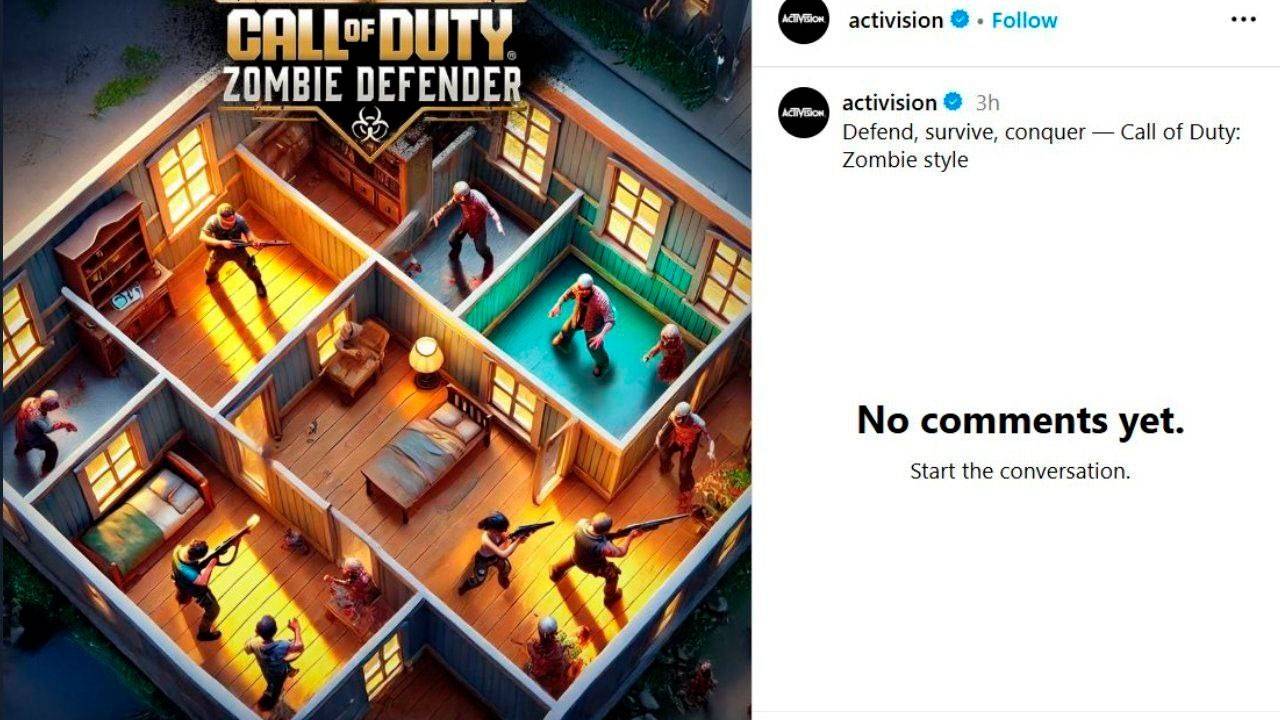 image: apple.com
image: apple.com
The use of AI in both development and marketing is becoming an increasingly debated topic for Activision. The company has confirmed the active use of neural networks in creating content for Call of Duty: Black Ops 6. In response to the wave of criticism, some promotional posts were removed. It remains uncertain whether Activision intends to release these games or if they are merely testing audience reactions with provocative materials.


